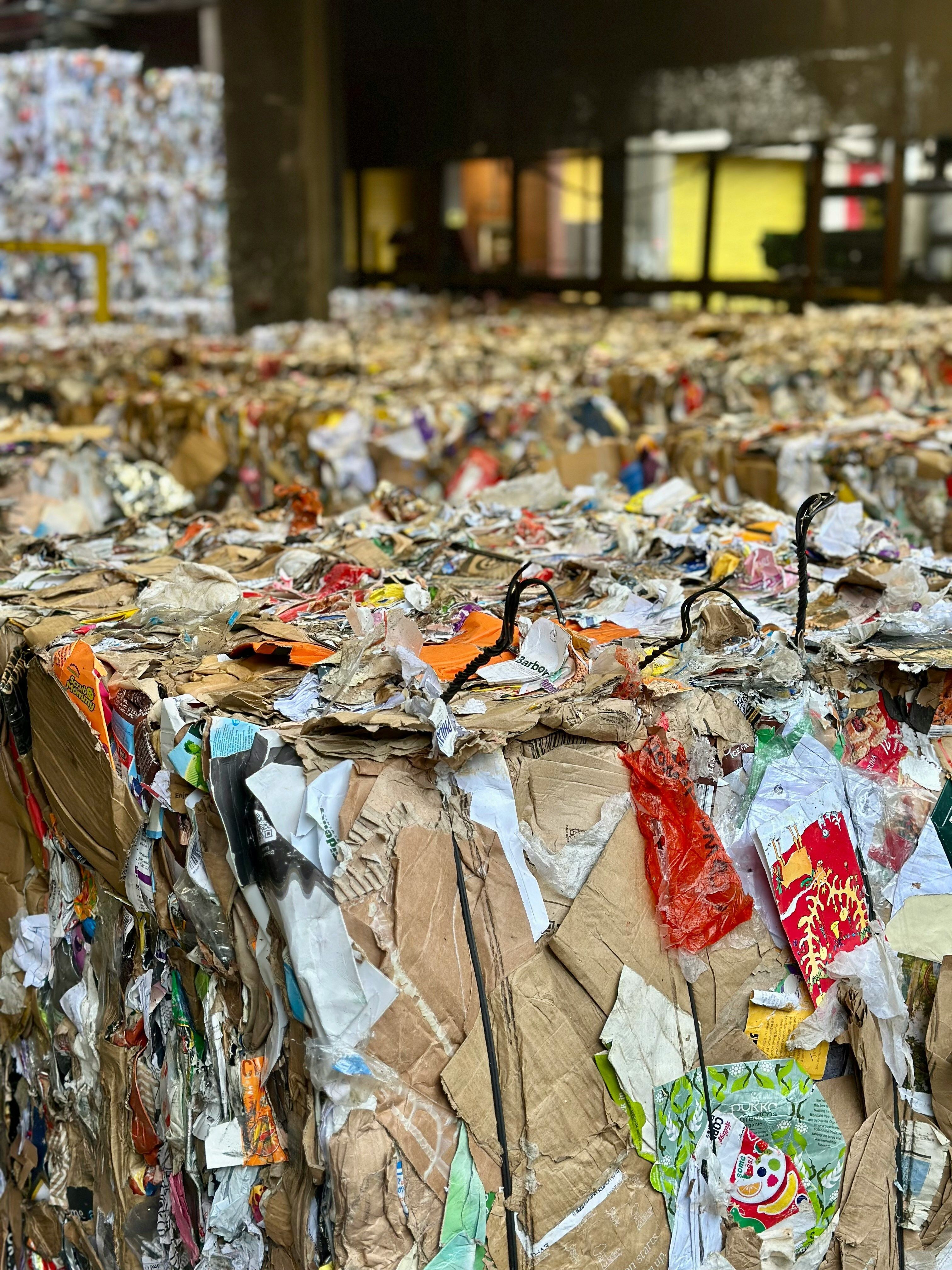Become a Member Today!
Recycling IS climate protection. Your membership enables the NRC to:
- Continue to champion and advance honest recycling and fight greenwashing
- Support effective policies and programs to improve recycling
- Guide students in developing professional expertise
- Provide scholarships to emerging professionals
- Work across the government, private industry and non-profit sectors to advance recycling and waste reduction
By becoming a member, individuals and organizations join a coalition of industry stakeholders working to move our society from a system that manages waste, to one that is advancing progress toward our desired circular economy.
Individual Memberships
There are three ways for individuals to join the NRC:
Membership through an affiliated State Recycling Organization (SRO)
Active individual members of affiliated SROs (includes individuals counted as part of larger organizational membership) automatically receive full NRC membership benefits.
Click to view the list of affiliated SROs.
Individual Supporter – $35
For individuals, retirees, students and young professionals. Supporters receive information and regular updates about the NRC and recycling news. Does not include standard benefits such voting privileges or event discounts.
Individual Member – $100
Includes full voting rights and individual member benefits.
Standard Individual Benefits: (does not apply to Supporters)
- One vote in board or organizational elections
- Receive monthly e-newsletter
- Eligible to serve on the Board
- Eligible to serve on & chair Board committees
- Member discounts for NRC events
Organizational Memberships
| Category | Standard | Leadership | President’s Circle |
|---|---|---|---|
| Government, Education and Nonprofit Organizations (501c3) | $150 | $3,000 | $5,000 |
| Businesses | $1,500 | $3,000 | $5,000 |
| Trade Association (501c6) | $1,500 | $3,000 | $5,000 |
Organizational Membership Benefits
Standard
- 1 Vote
- E-Newsletter
- Eligible to serve on the Board
- Eligible to serve on & chair Board committees
- Member discounts for NRC events
- Listed on NRC website with hyperlink to website
- Inclusion in membership directory
- Acknowledgement of membership upon joining & renewal in NRC newsletter.
- Opportunity to submit articles to NRC e-newsletter
- Bronze-level conference sponsorship with corresponding recognition and benefits (Applies to Businesses and Trade Associations only).
Leadership
In addition to Standard-level benefits, this includes:
- Logo on NRC website with hyperlink to website
- Silver-level conference sponsorship ($1,000 value) with corresponding recognition and benefits.
- Member discounts for all other NRC-produced events (up to 4 individuals)
- Additional recognition and benefits with an NRC program or platform tailored to member’s preference ($500 value)
President’s Circle
In addition to Leadership-level benefits, this includes:
- Logo on NRC website with hyperlink to their website with premium positioning
- Advertising banner with hyperlink in monthly NRC newsletter (minimum 4 occasions)
- Shout out on NRC social media platforms (minimum 2 occasions)
- Gold-level conference sponsorship ($2,500 value) with corresponding recognition and benefits.

